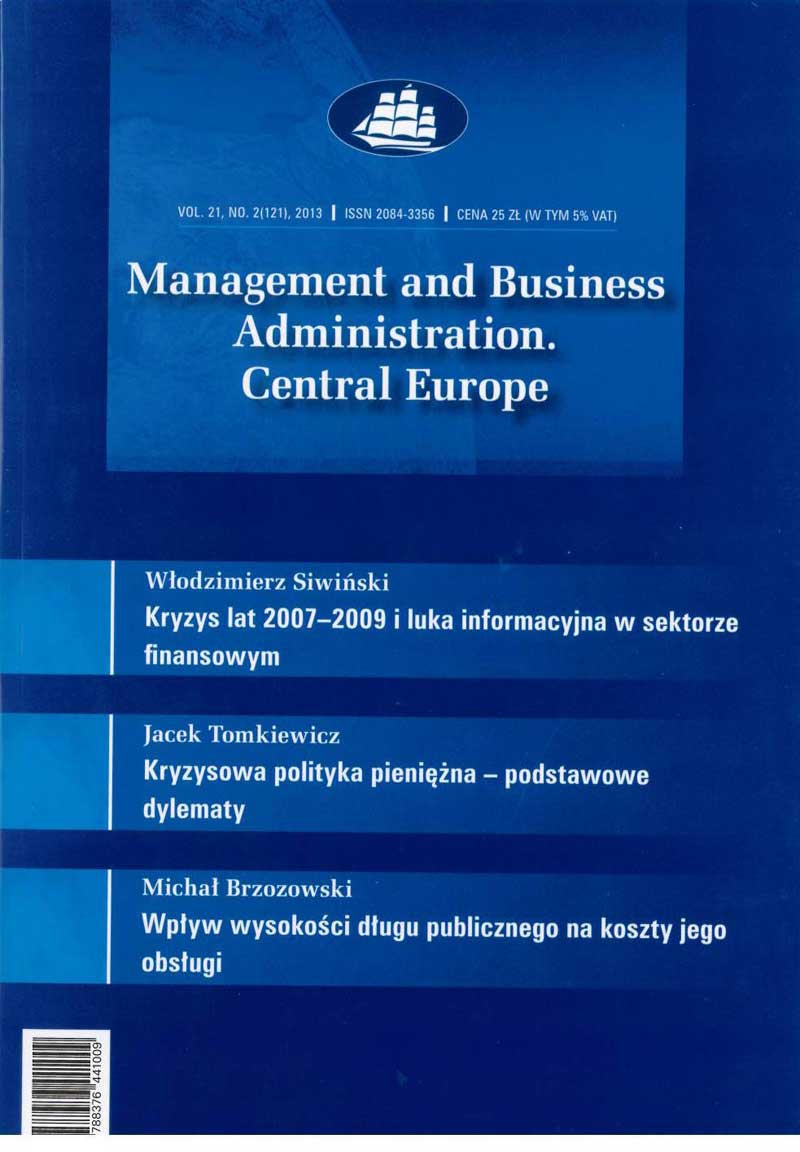Economic Imagination and Support For Parliamentary Democracy In Poland
Economic Imagination and Support For Parliamentary Democracy In Poland
Author(s): Krzysztof Zagórski, Andrzej K. KoźmińskiSubject(s): Economy
Published by: Akademia Leona Koźmińskiego
Keywords: economic imagination; attitudes; interventionism; democracy; free market; liberalism
Summary/Abstract: Purpose: The article introduces a concept of the economic imagination, describes economic public attitudes and discusses the character of the contemporary economic imagination of Poles. Methodology: Representative survey conducted on the stratifi ed random sample of 1022 adult respondents by means of CAPI (computer assisted personal interview). Statistical analysis of data. Findings: The features perceived by public as economically benefi cial to the entire economy, particular enterprises and individuals have been ranked by the representative survey and statistically grouped into more general clusters. Those considered as good for the economy are grouped into such factors as “investment and competition”, “statism (etatism)” and “progressive taxation”. The features considered as benefi cial for the enterprises are grouped into “human, social and economic capital”, “law obedience and good social relations” and “limited free market”. Personal characteristics perceived as benefi cial for individual’s economic success are grouped into “honesty, perseverance and good social relations”, “skills and diligence” and “nepotism and instrumentalism”. Intensity as well as determinants of such general value loaded convictions, and their impact on acceptance of democracy have been revealed as well. The implications: Economic imagination has to be analysed as an important factor of socio-economic system’s legitimization. Originality: Distinction and empirical defi nition of economic attitudinal syndromes at three different levels: macro-economic, enterprise and individual constitute a novelty in socio-economic research. Discussion of their determinants and wider implications constitute a new contribution to the theory of social legitimization.
Journal: Management and Business Administration. Central Europe
- Issue Year: 125/2014
- Issue No: 2
- Page Range: 3-29
- Page Count: 27
- Language: English

